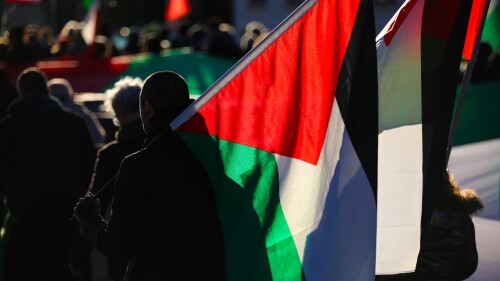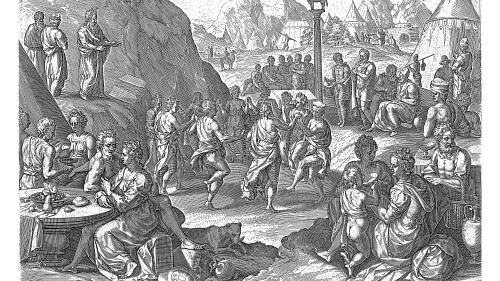With every rekindling of hostilities between Israel and Palestinian armed groups, world news is flooded with stories about refugee camps, statelessness, and the Nakba—the now-settled term for the Palestinian narrative of the origins of the Israeli-Palestinian conflict. The term is usually explained as the word for the Palestinian catastrophe of 1948, in which the establishment of the state of Israel caused the destruction of traditional Palestinian society, the loss of Palestinian lands, and the displacement of 700,000 Palestinians from their homes. The term has become a reservoir of historical memory, structural guilt, and calls for justice.
Indeed, there is little doubt that the term is one of the foremost successes of Palestinian activism. Not only has it managed to enter most European languages, it has managed to establish itself as a sign of the destructiveness of not just Israel but of capitalism, colonialism, and racism too. Its mention sometimes brings with it a pantheon of associations and allusions, among them crimes against the environment, women, and indigenous people, committed by Western men, in which category Zionist Jews are subsumed.
Yet at one point the Nakba, as both word and concept, existed before these wider connotations. In fact, before the Nakba became the founding myth of Palestinian nationalism, and before it became a progressive call for human rights, justice, and equality, it was meant for something very different. It was meant neither to refer to Palestine as a lost territory nor to the Palestinians as a displaced population in need of basic human rights. It was meant for nothing less than the formation of the vanguard of Arab revolution—and then world revolution too.
Read the rest of this article at Mosaic (subscription required).








